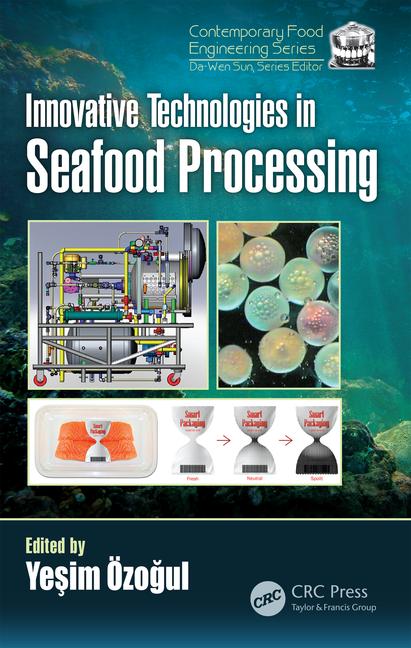Natural Grocers eliminates over 300 million single-use plastic bags
Since Earth Day 2009, Natural Grocers has led the fight to reduce single-use plastic bags and end food insecurity in the communities they serve.

Natural Grocers, Denver, Colo., eliminated more than 300 million single-use plastic bags across all 152 stores.
Since Earth Day 2009, Natural Grocers has led the fight to reduce single-use plastic bags and end food insecurity in the communities they serve by eliminating single-use plastic bags from checkout lanes and by donating 5 cents to local food banks every time a customer shops with a reusable bag.
“We are drowning in a sea of plastic, which is causing harm to people and the planet. Additionally, there are people in our communities that are food insecure. Ten years ago, we saw an opportunity to make a difference and address both plastic waste and hunger simultaneously. So, we decided to eliminate single-use plastic bags at checkout and provide a 5-cent donation to our local food banks every time a customer remembered to bring in their reusable bags,” says Heather Isely, executive vice president.
“The impact of eliminating single-use bags from our stores is enormous,” says Kemper Isely, co-president. “As a business, the ripple effect of our choices can redefine the future. Ten years ago, we chose to ditch single-use bags during checkout. We thank our customers for supporting this important initiative over the past decade and for making the decision to shop with reusable bags.”
Natural Grocers’ green practices include supporting sustainable and regenerative agricultural practices and reducing carbon footprint. The company’s greener practices, include:
- Innovative heating and cooling practices.
- LED lighting.
- Pull-down covers on store refrigeration units.
- Super-insulated buildings.
- Repurposing existing buildings whenever possible.
- Using sustainable, non-toxic construction materials.
- Solar-powered store signs and paper towel dispensers.
- BPA-free-cash register tape.
- Formaldehyde-free stores.
- Eliminating and reducing indoor air pollutants by using sustainable non-toxic construction materials such as no and low-VOC (volatile organic chemical) paint.
- Using and selling only non-toxic cleaning and sanitizing products.
- Minimum-sufficient packaging on brand products.
- Recycling shipping pallets and the plastic used to wrap them.
- Upcycling most of the cardboard used to ship products to stores by re-using to box groceries and supplements.
- Composting at select stores.
- Community gardens at select stores.
Looking for a reprint of this article?
From high-res PDFs to custom plaques, order your copy today!








